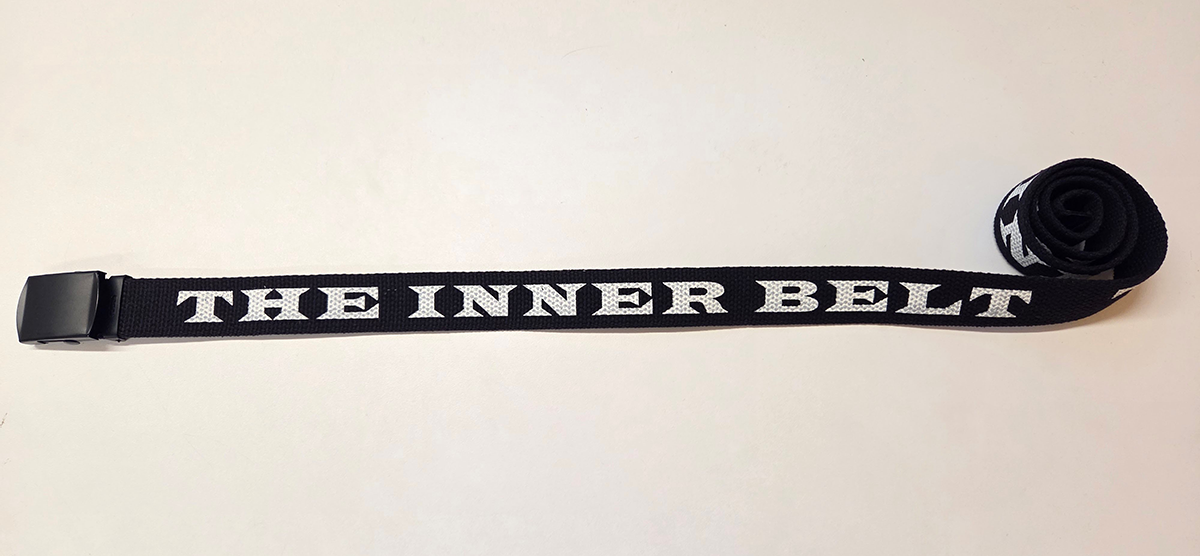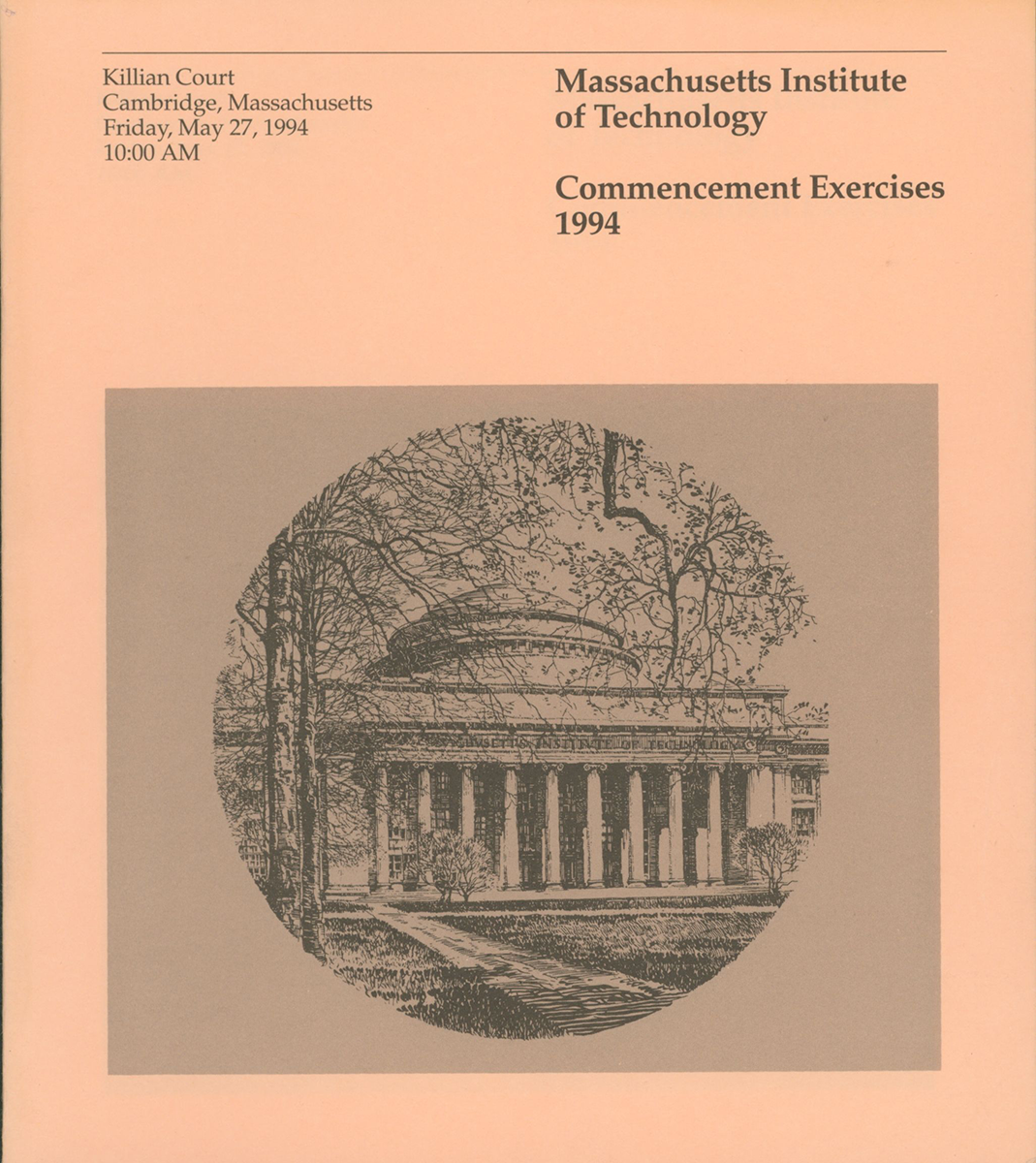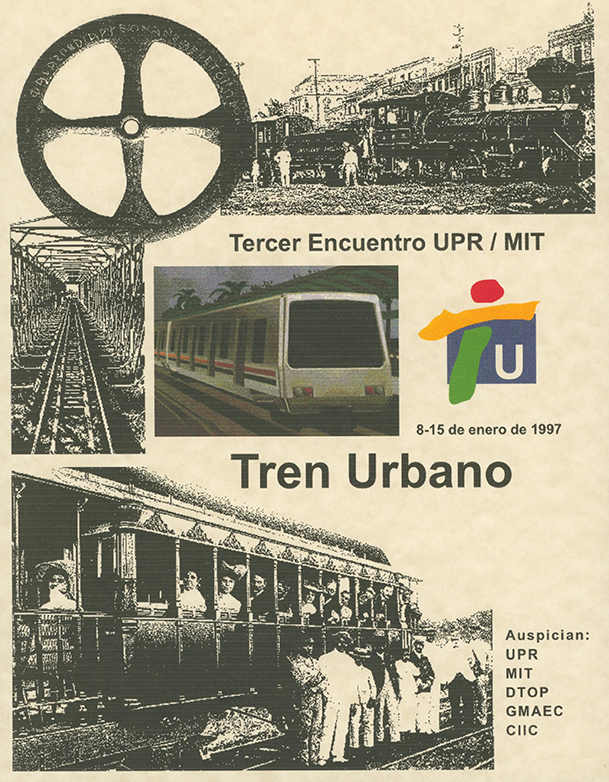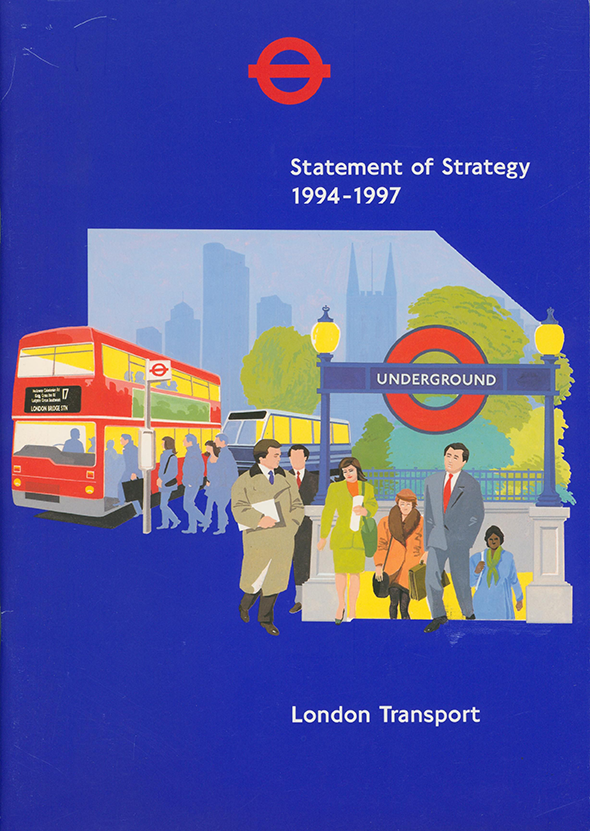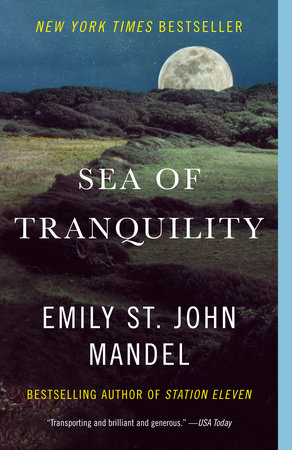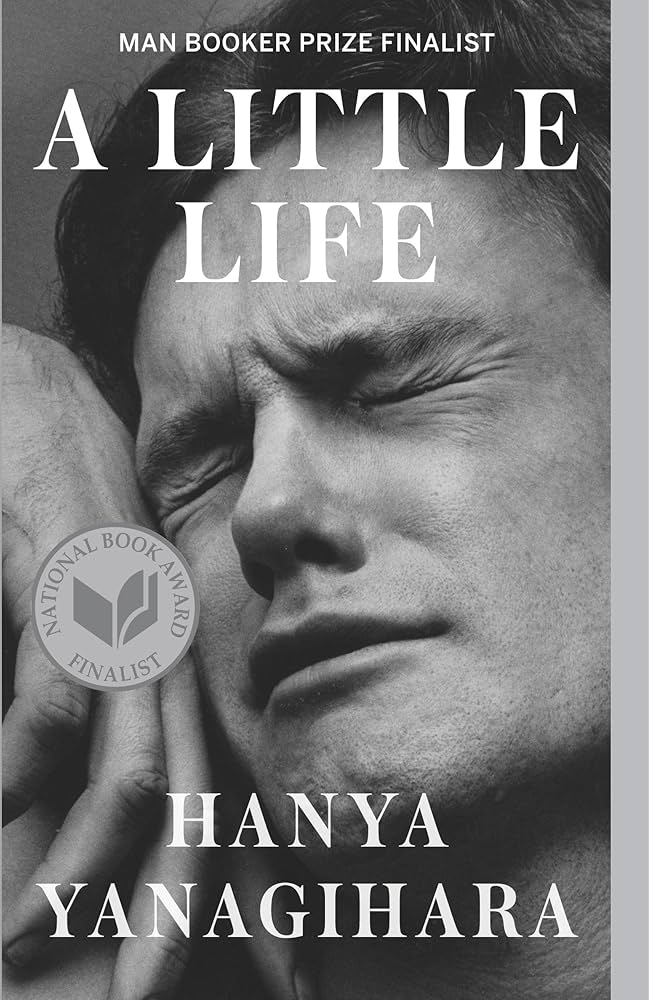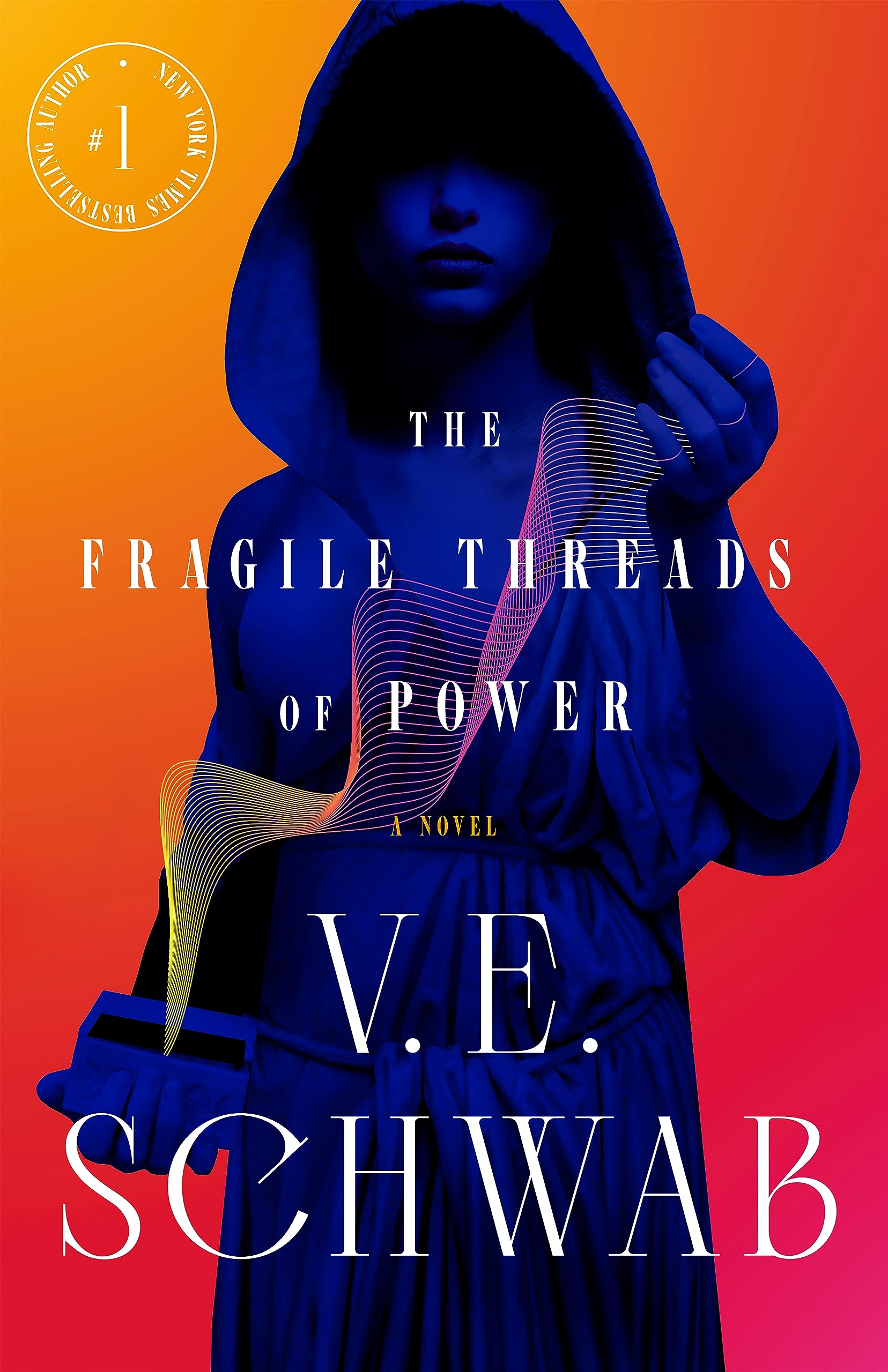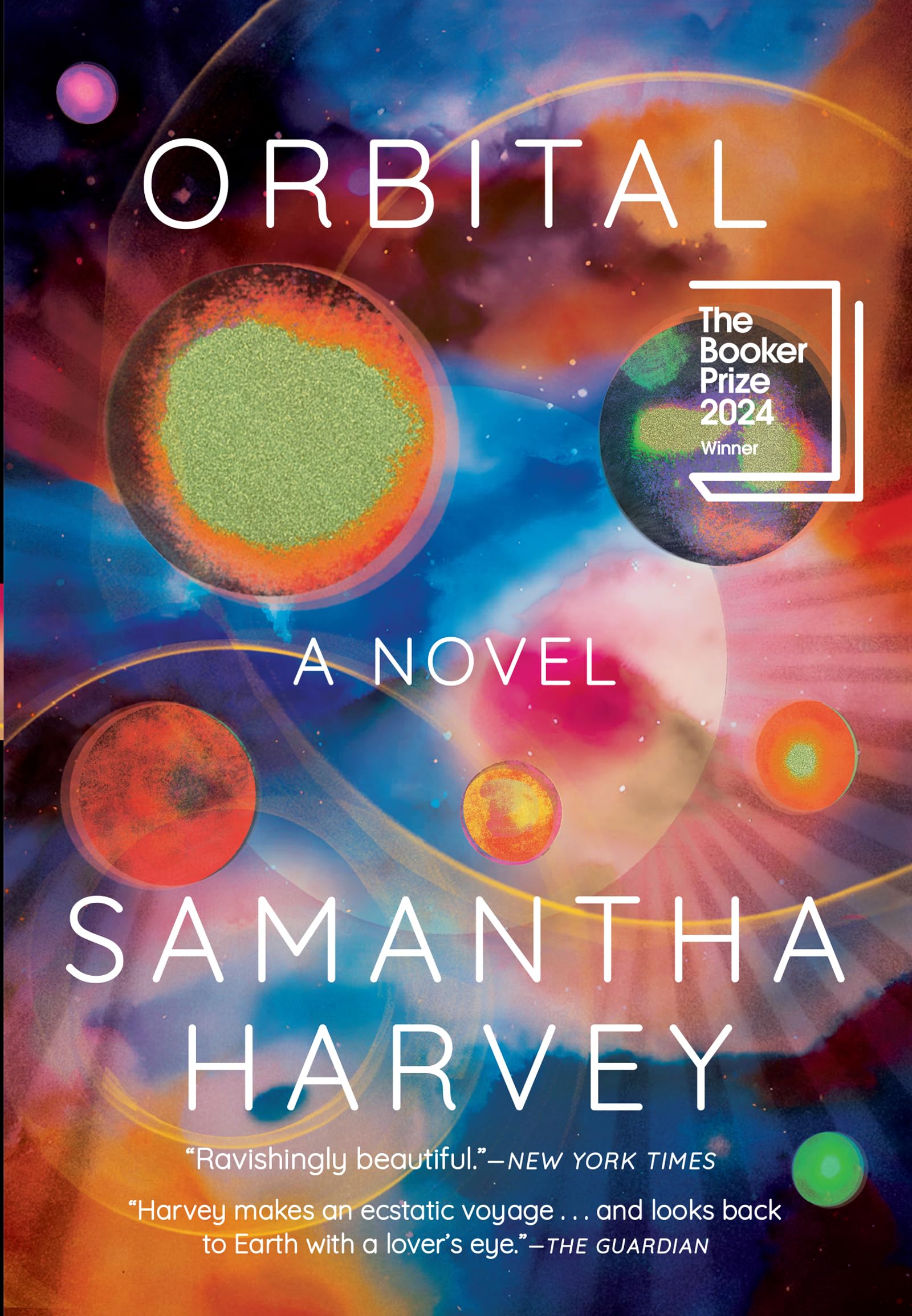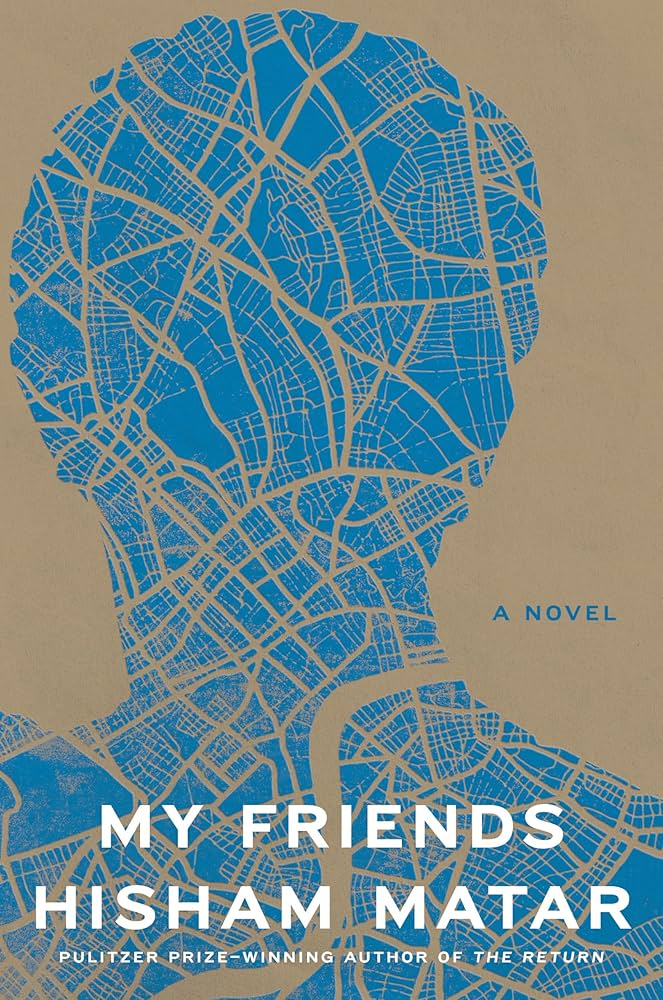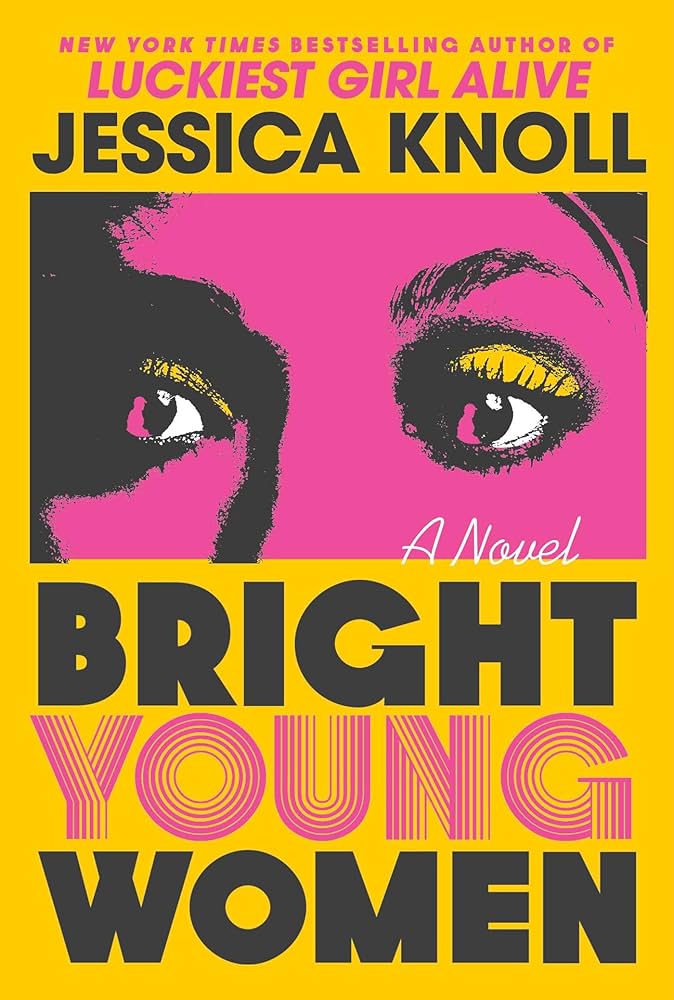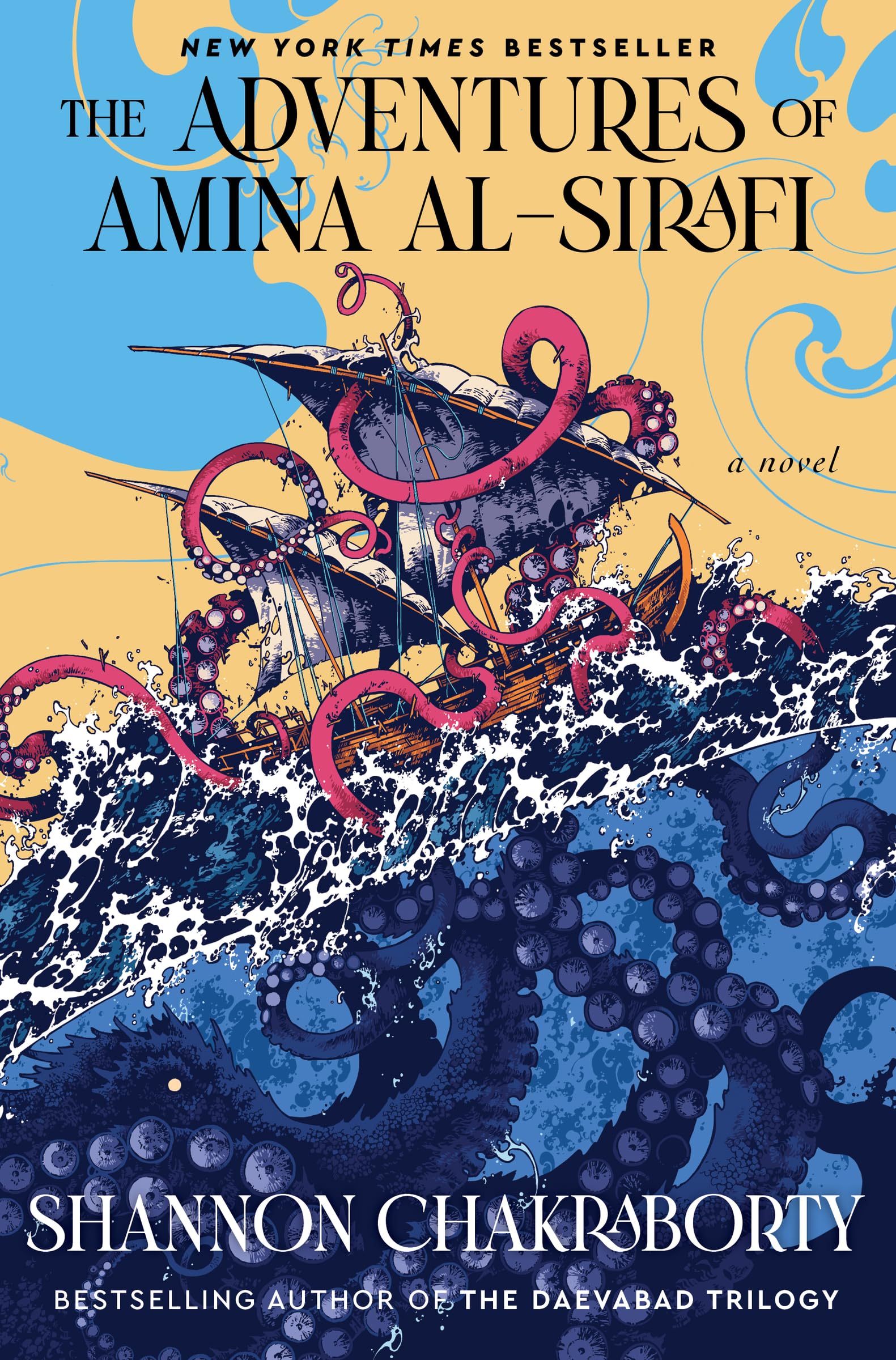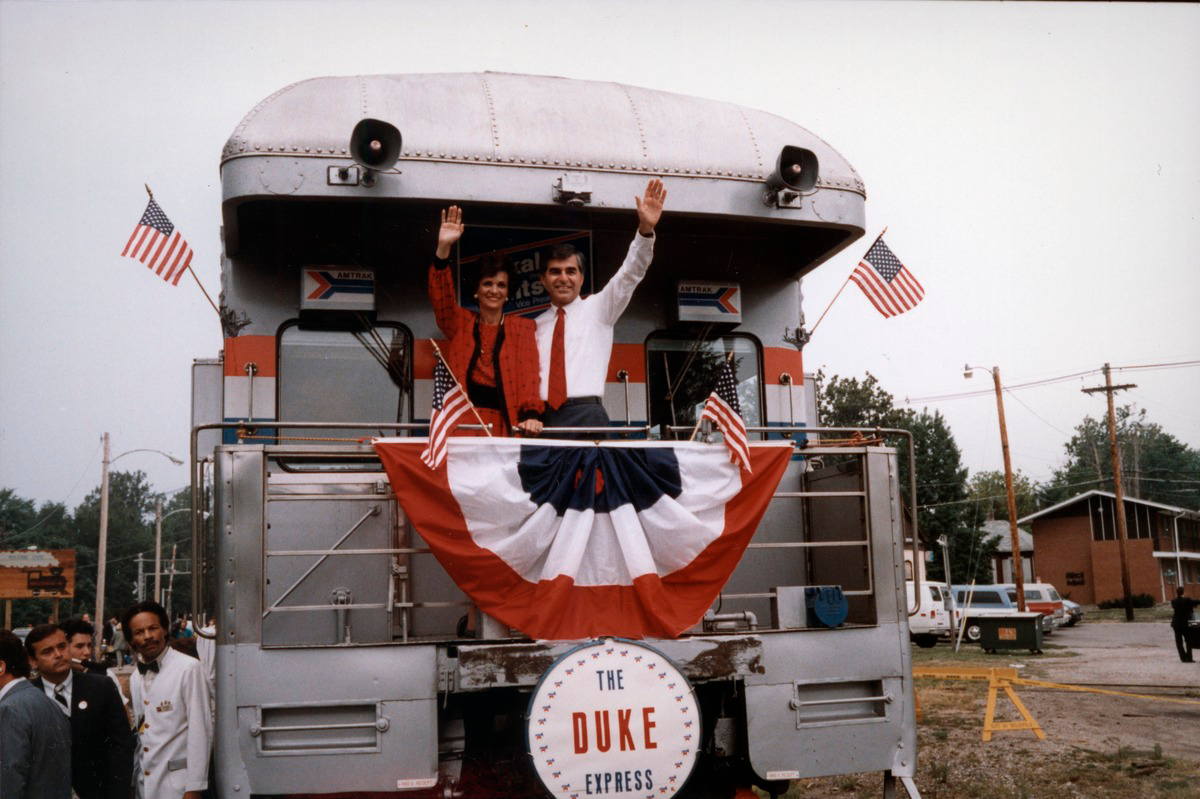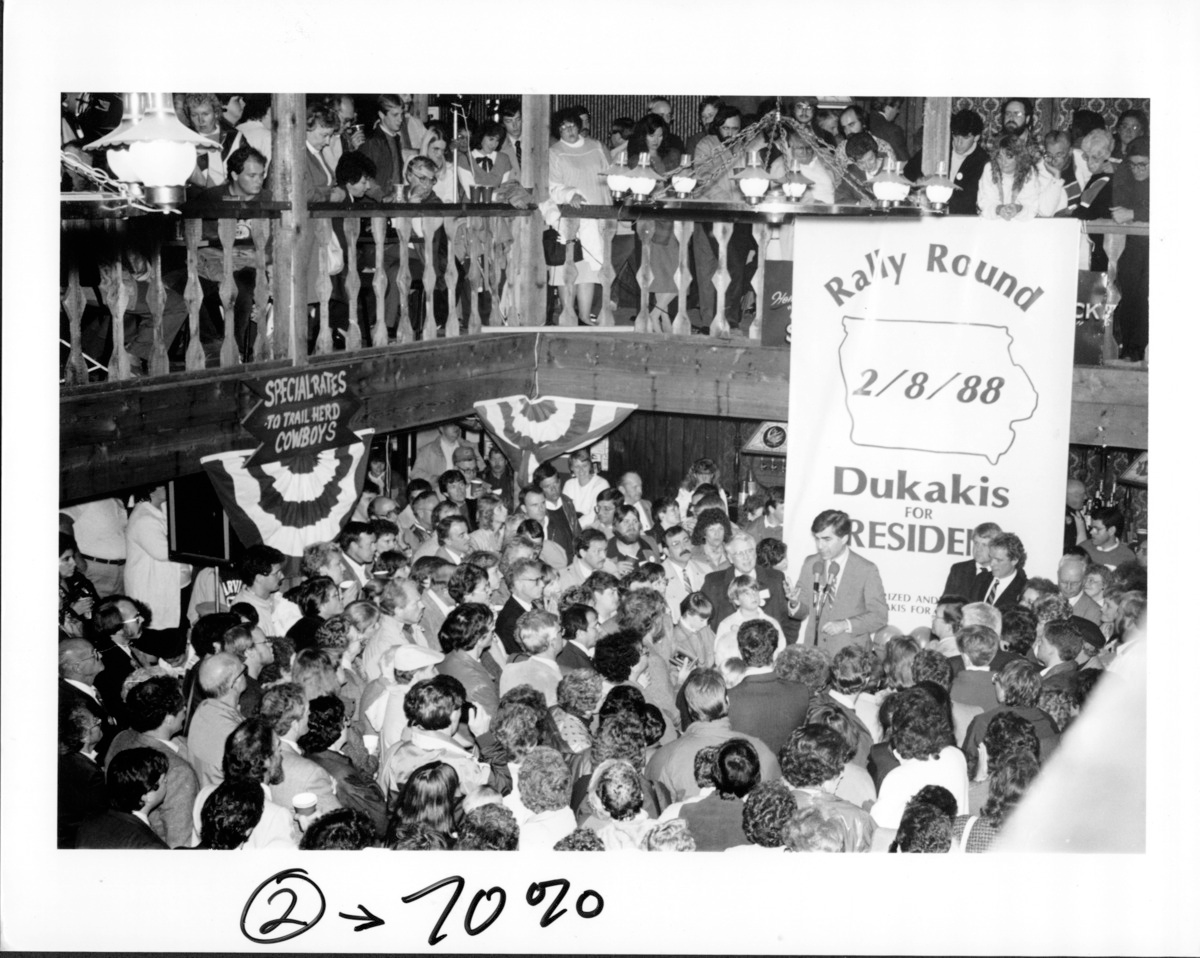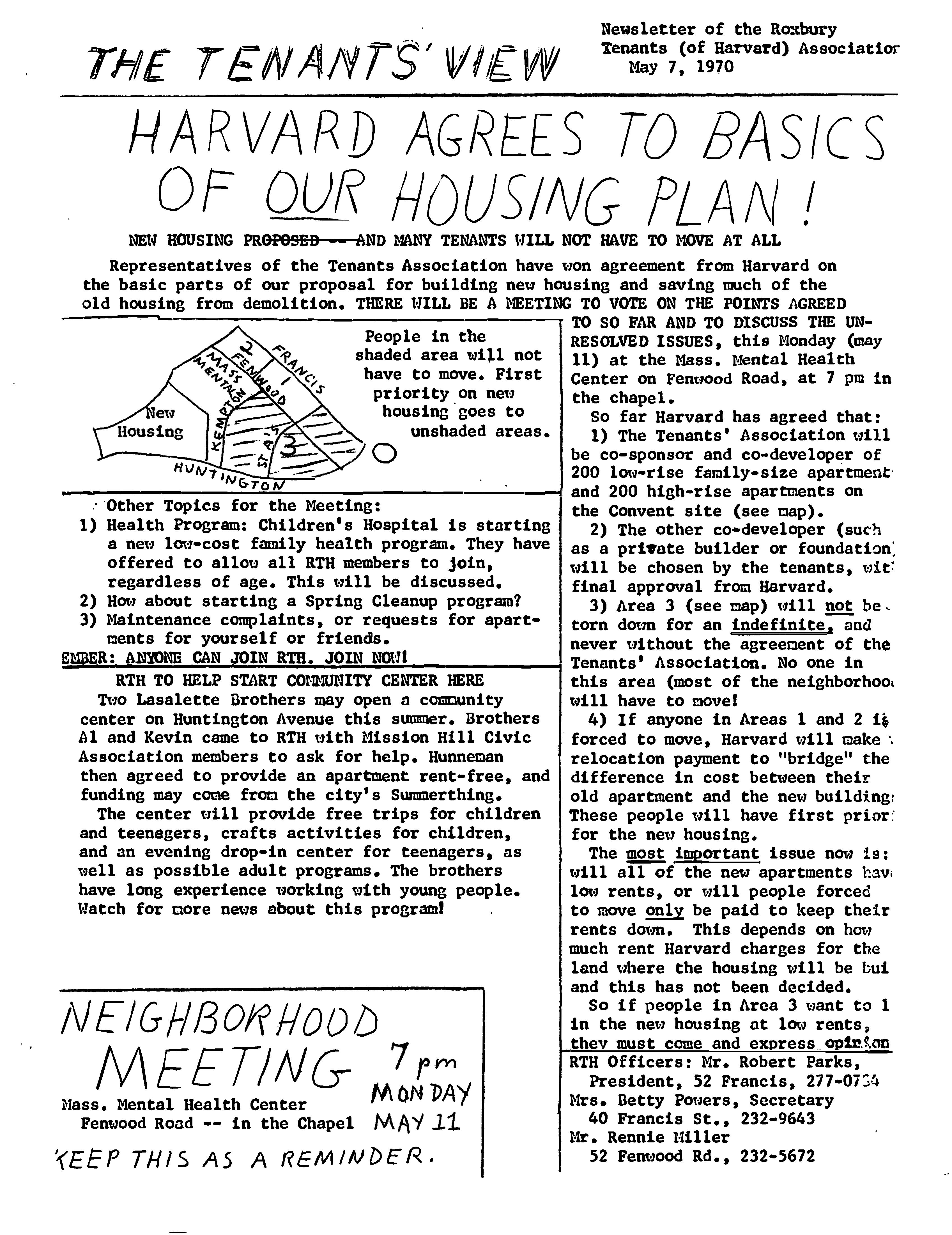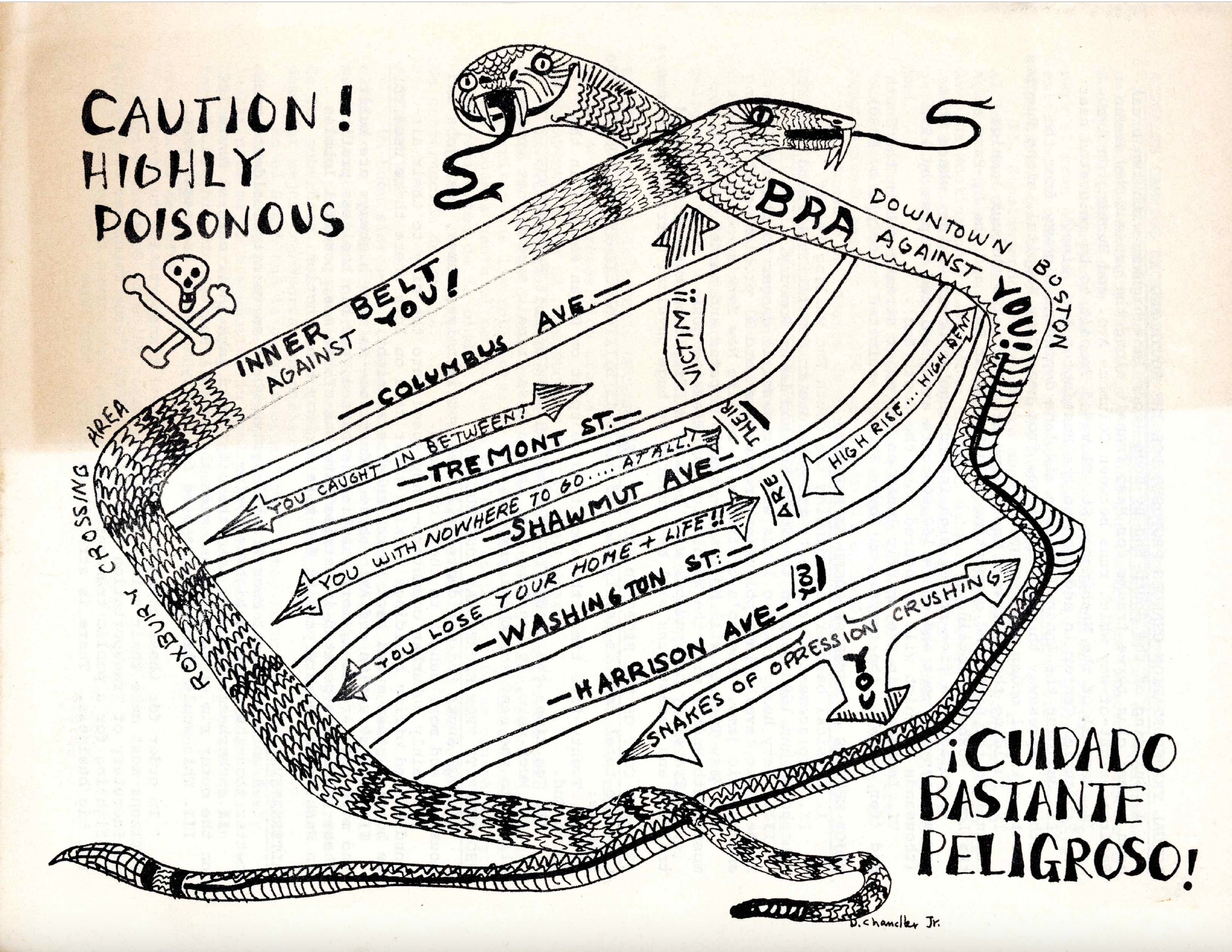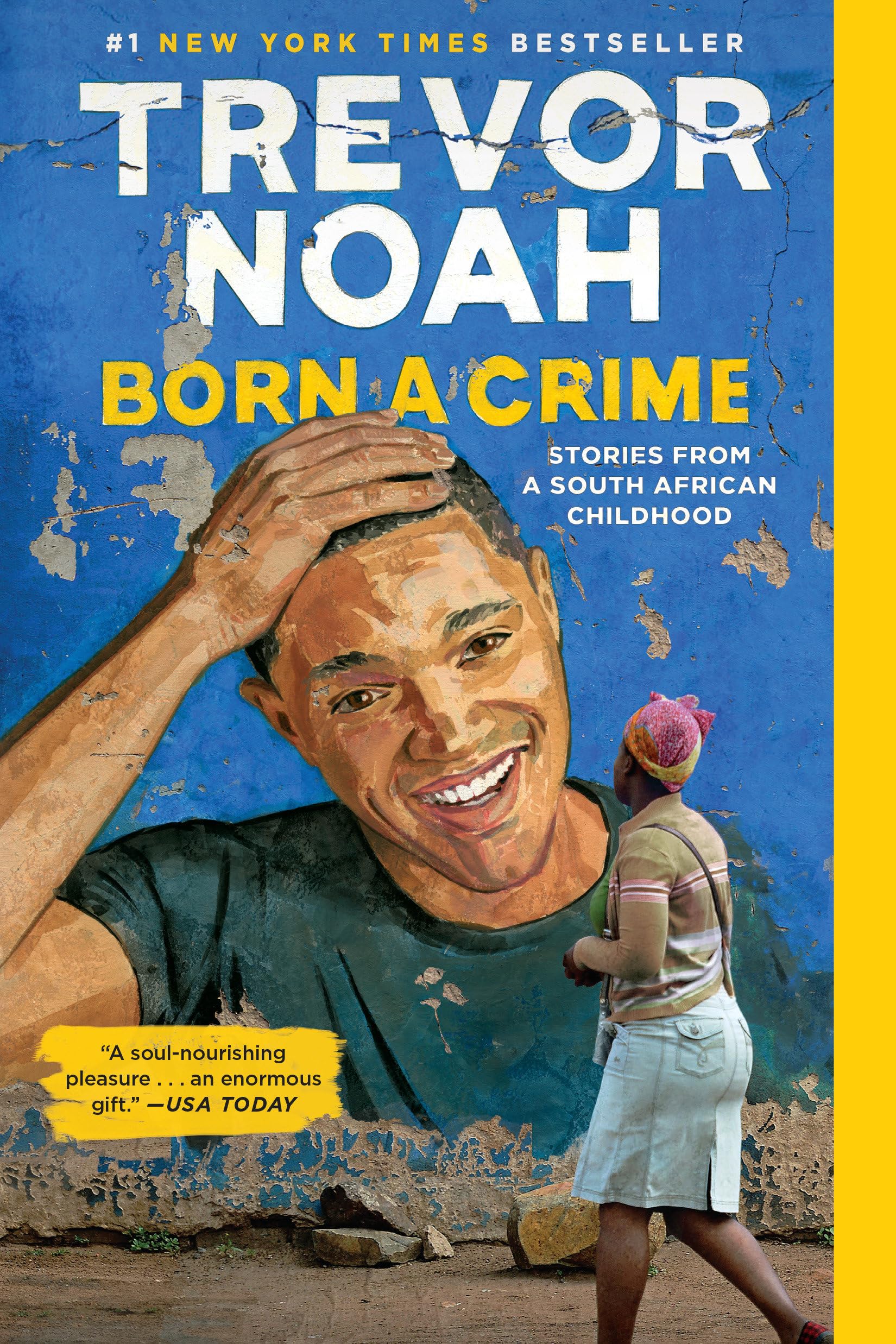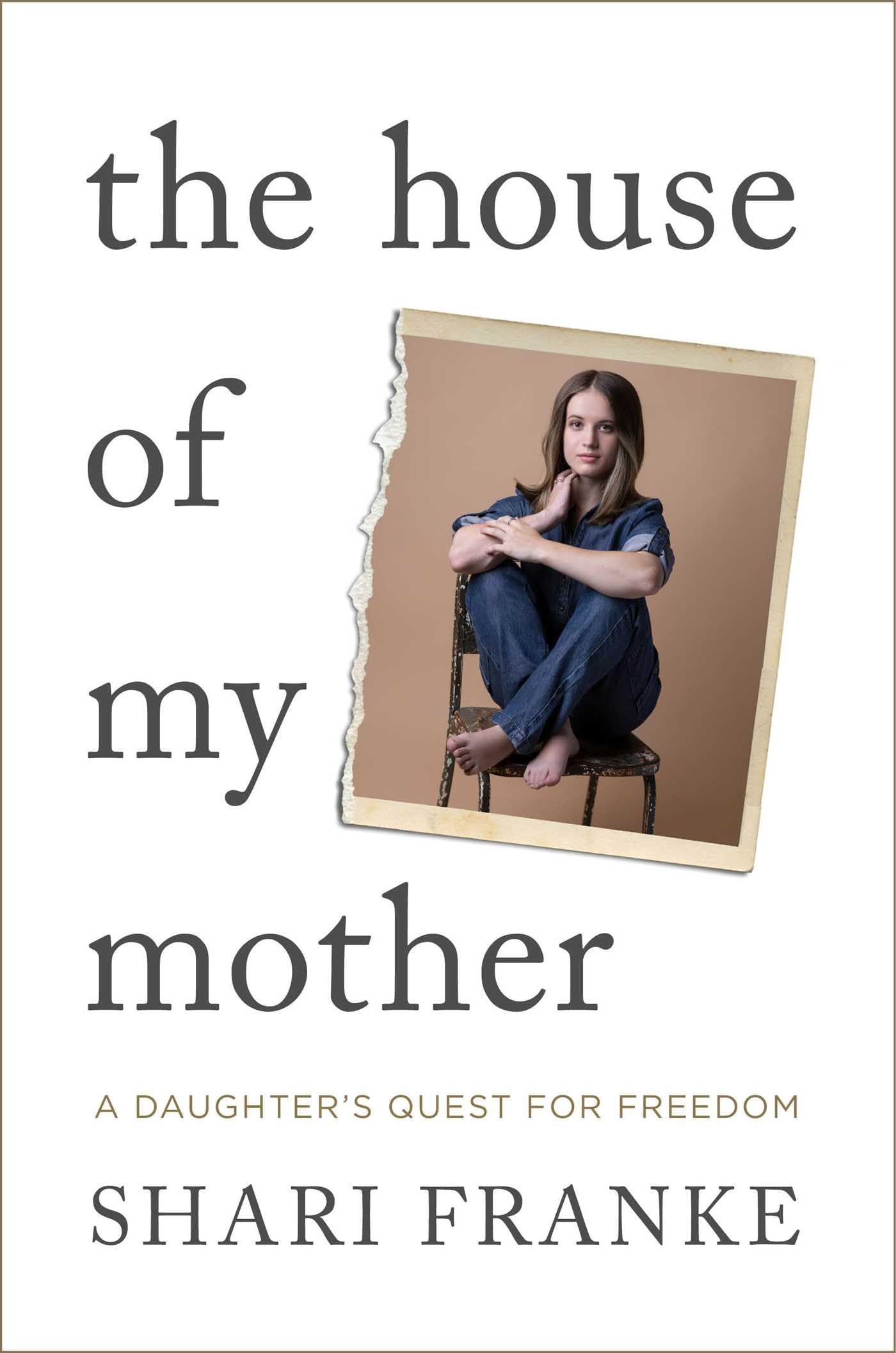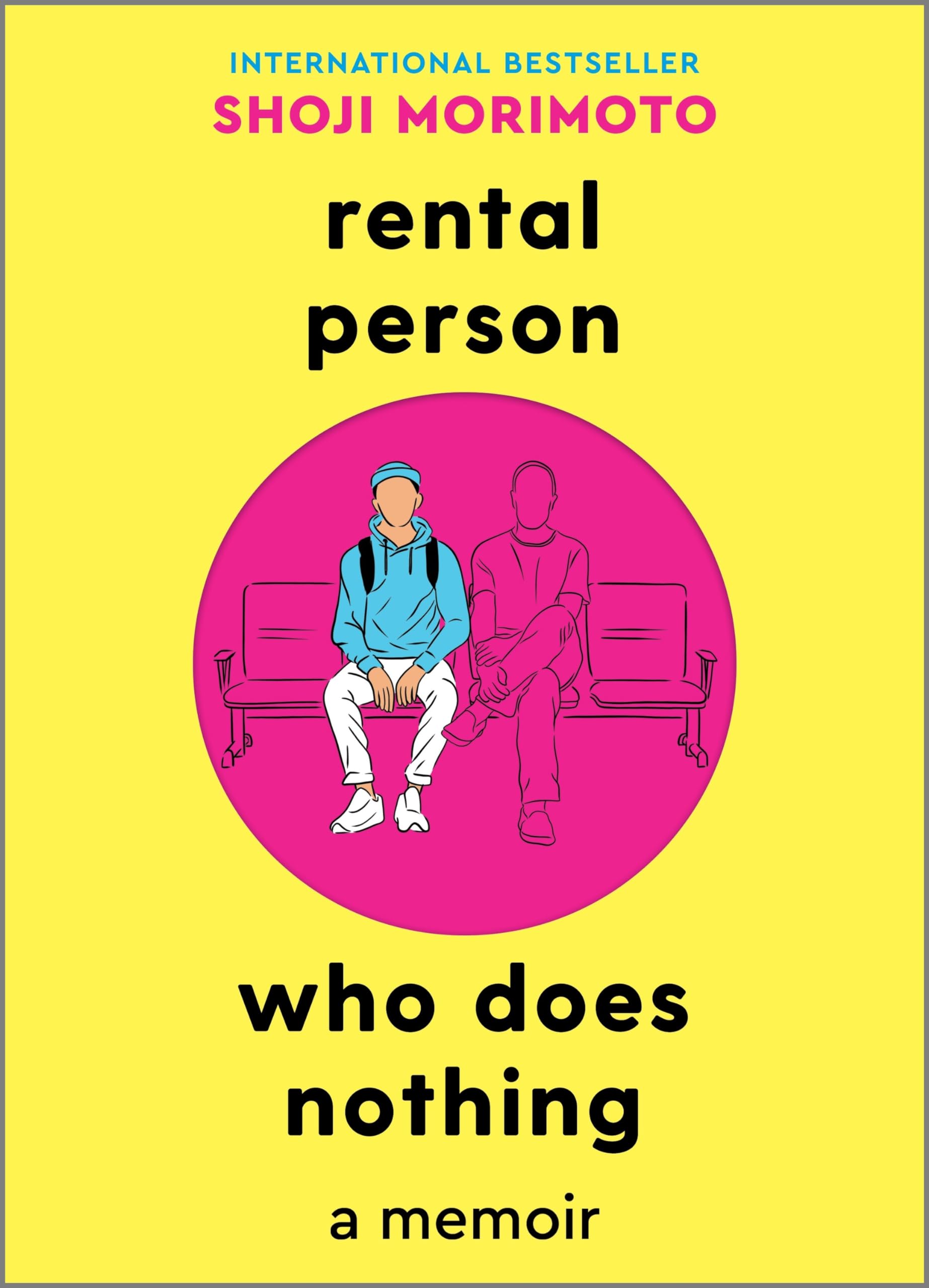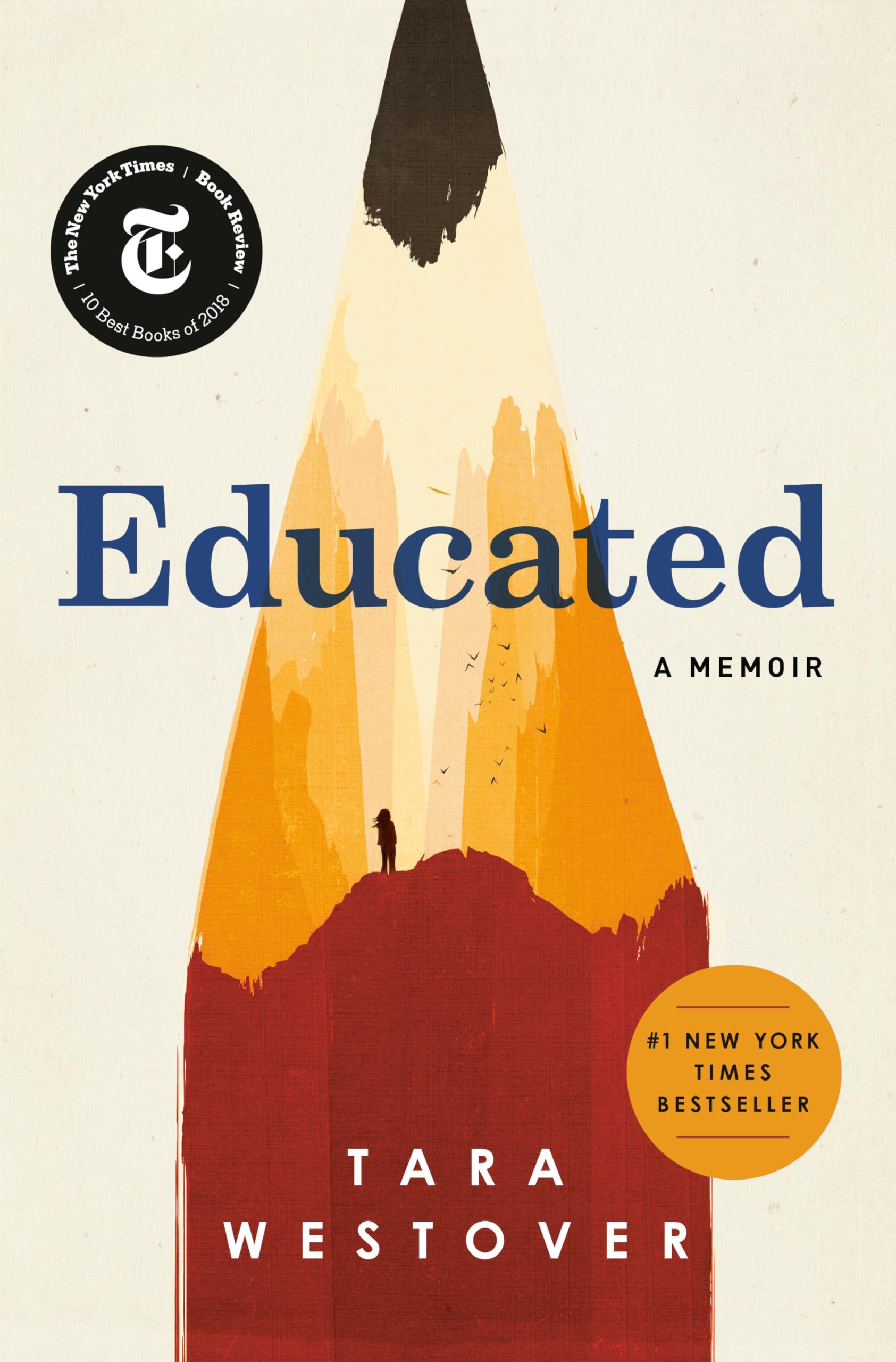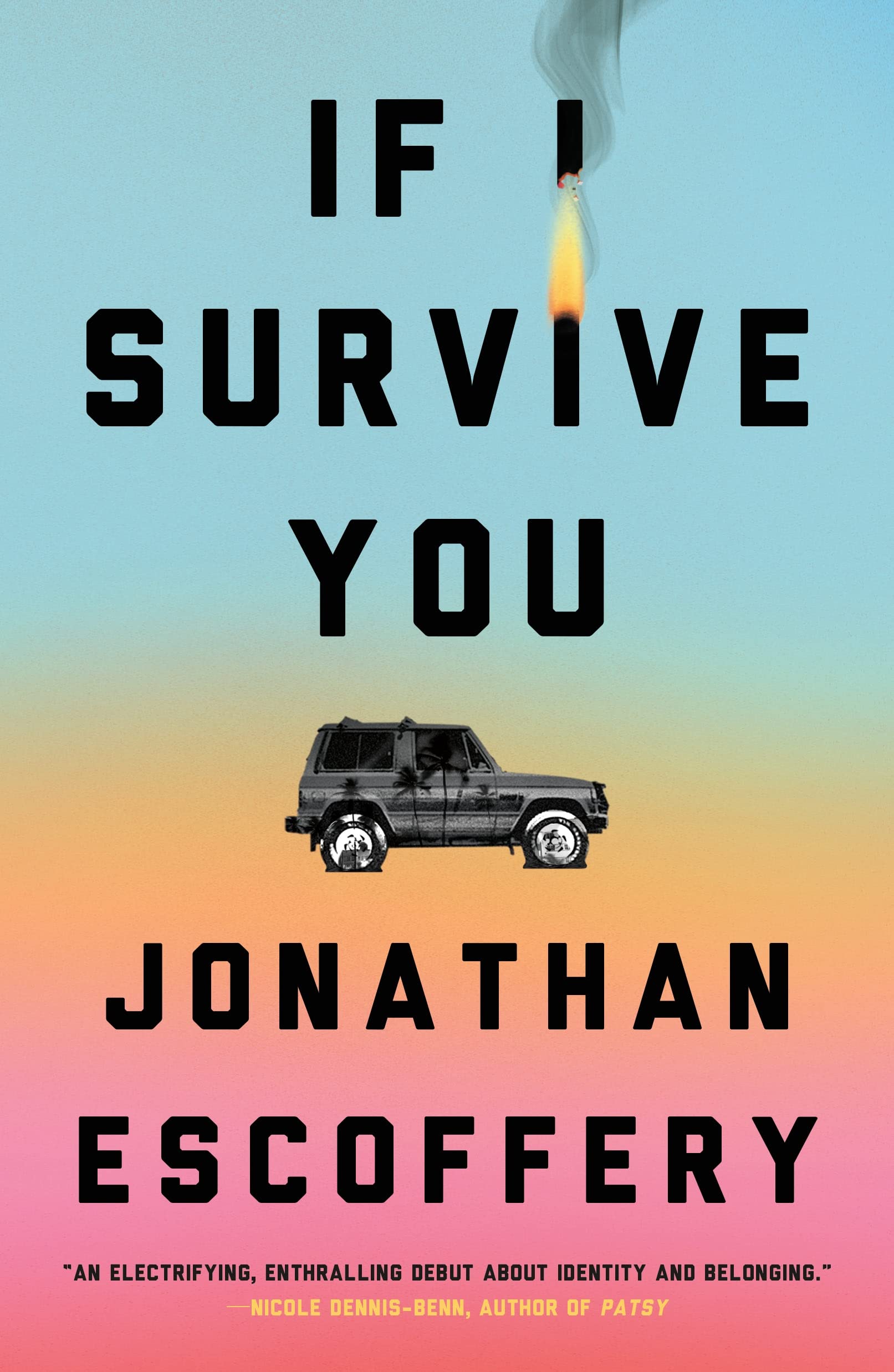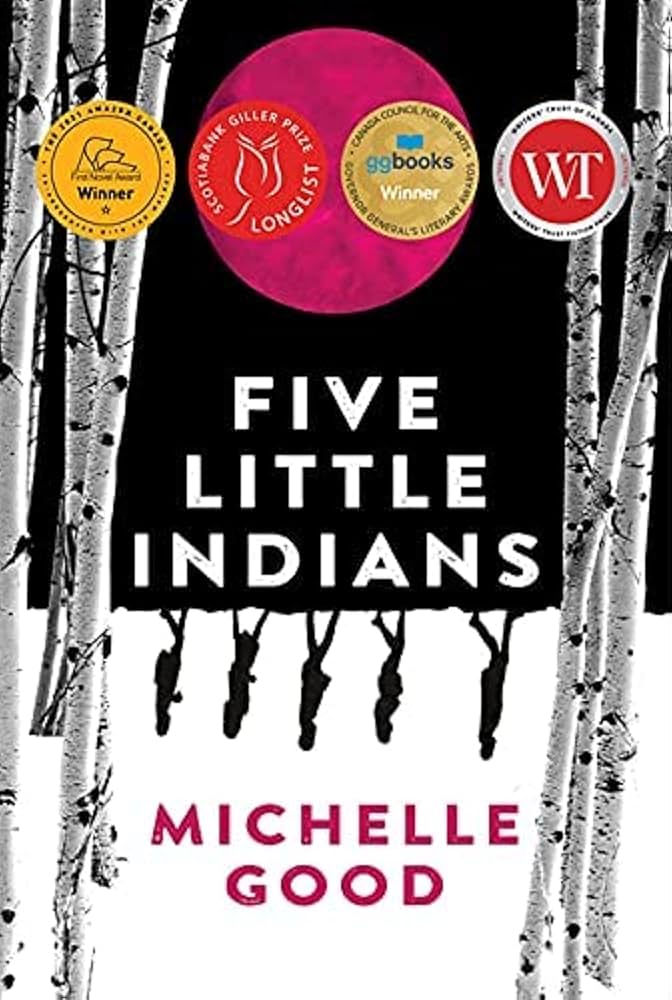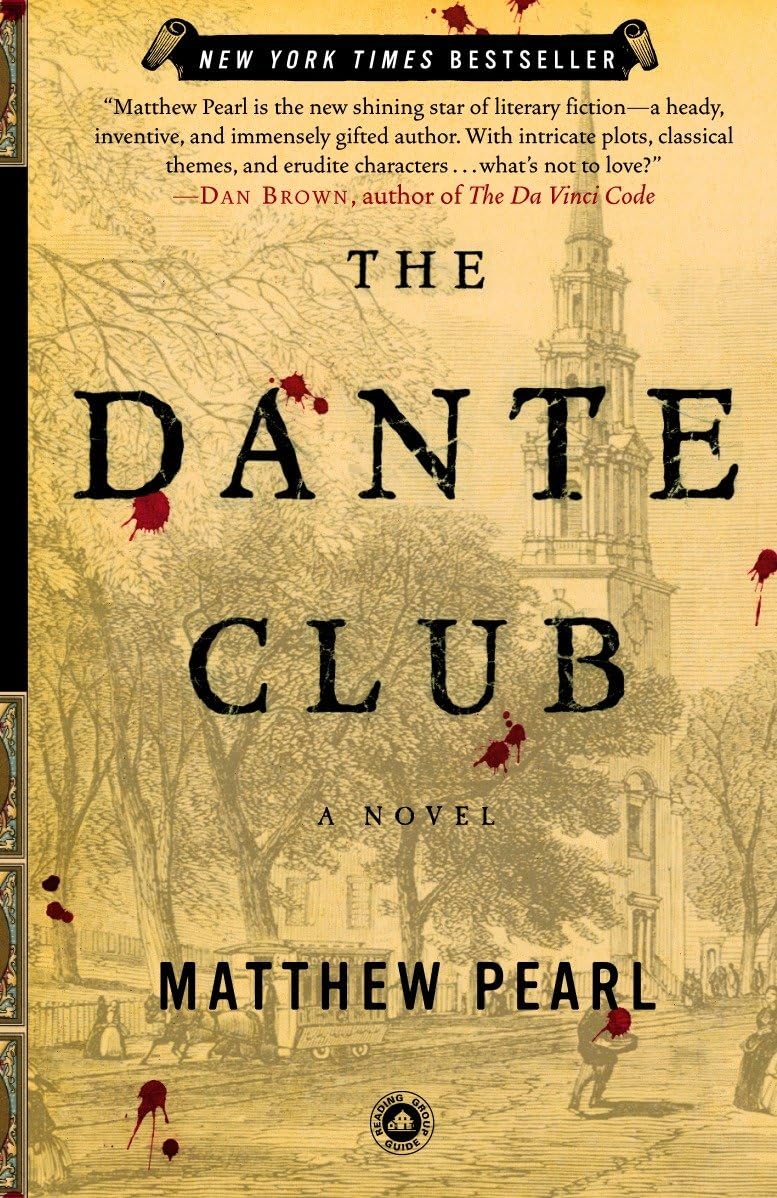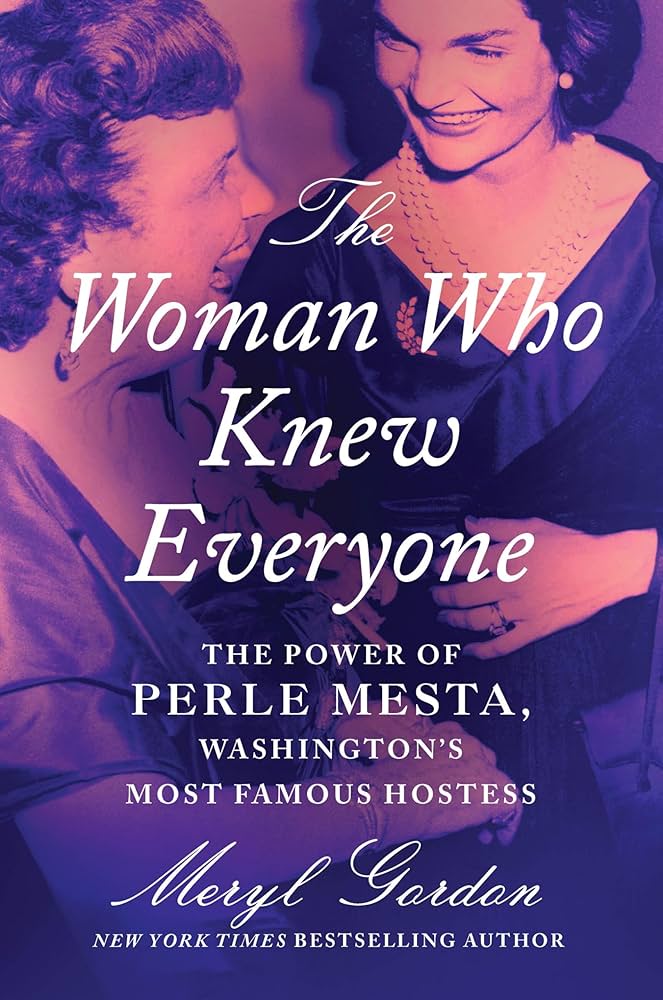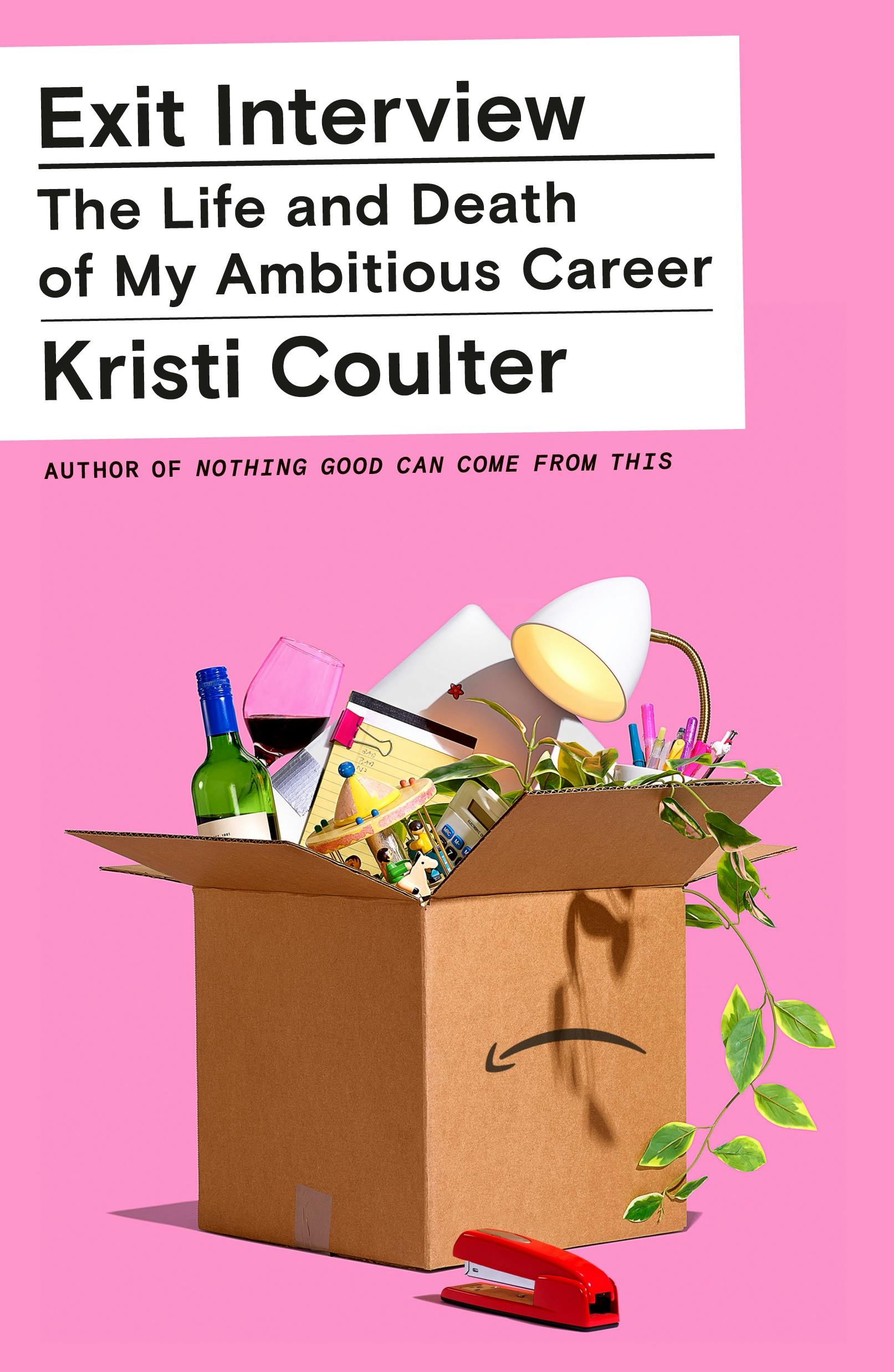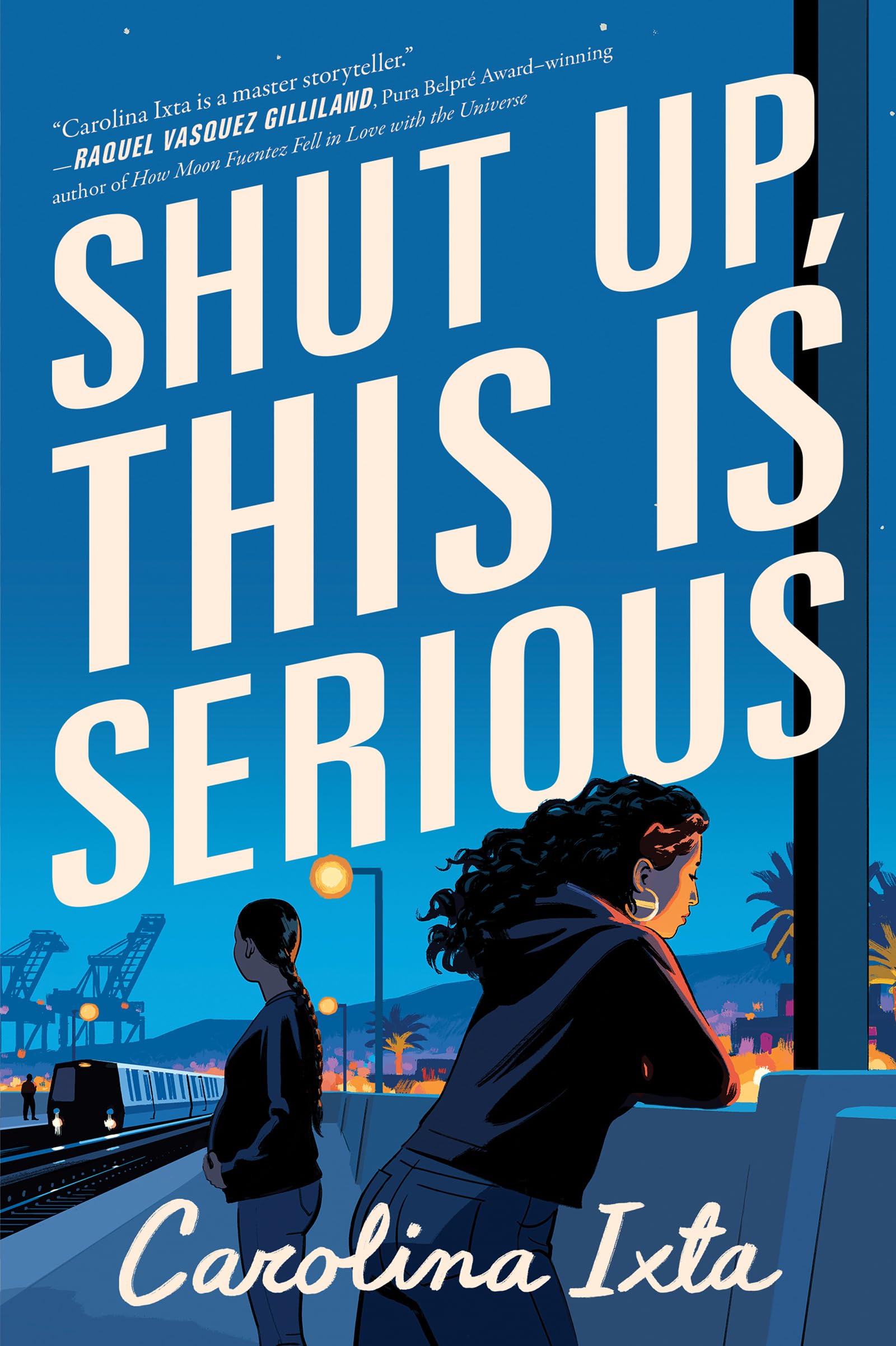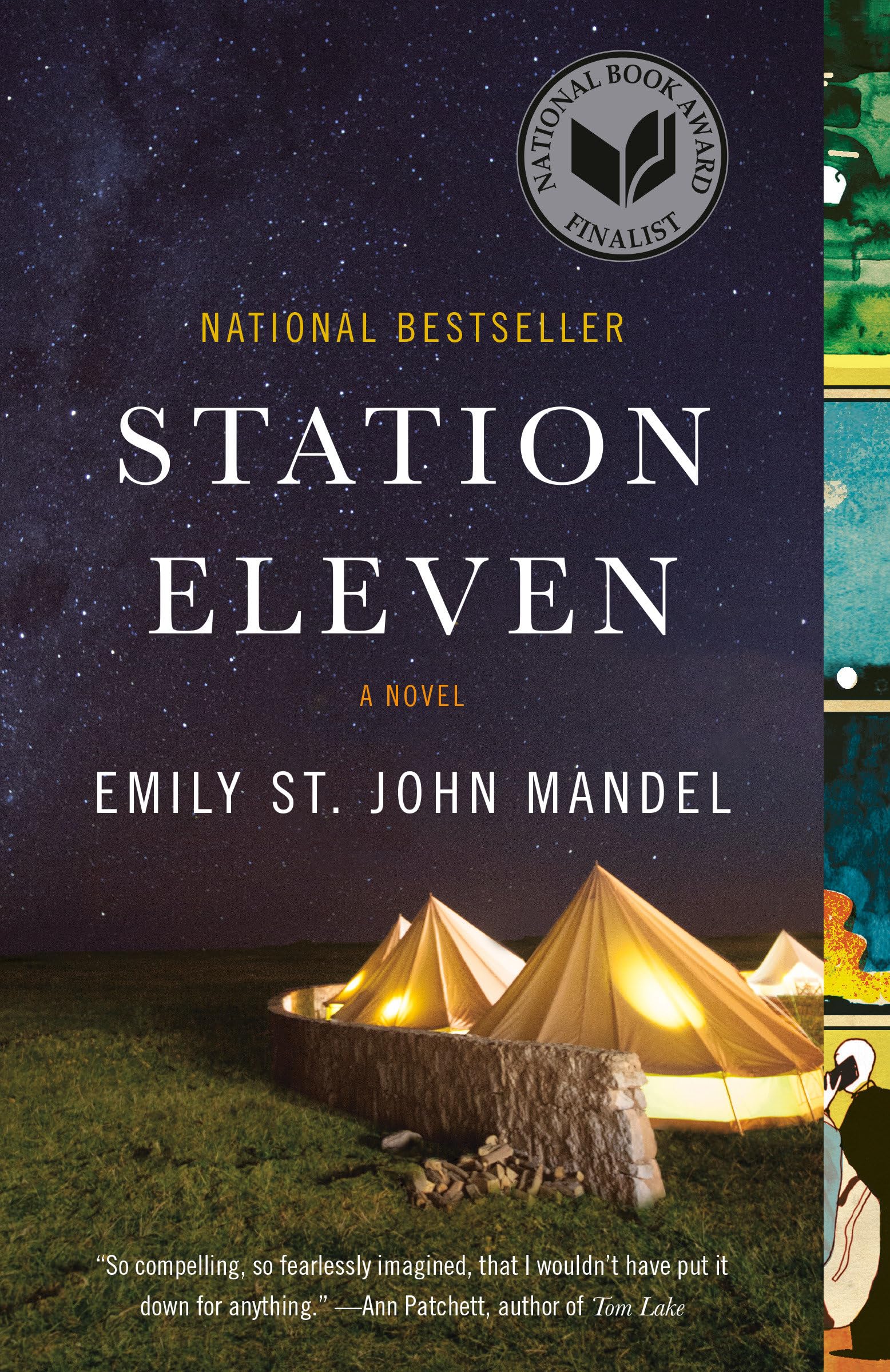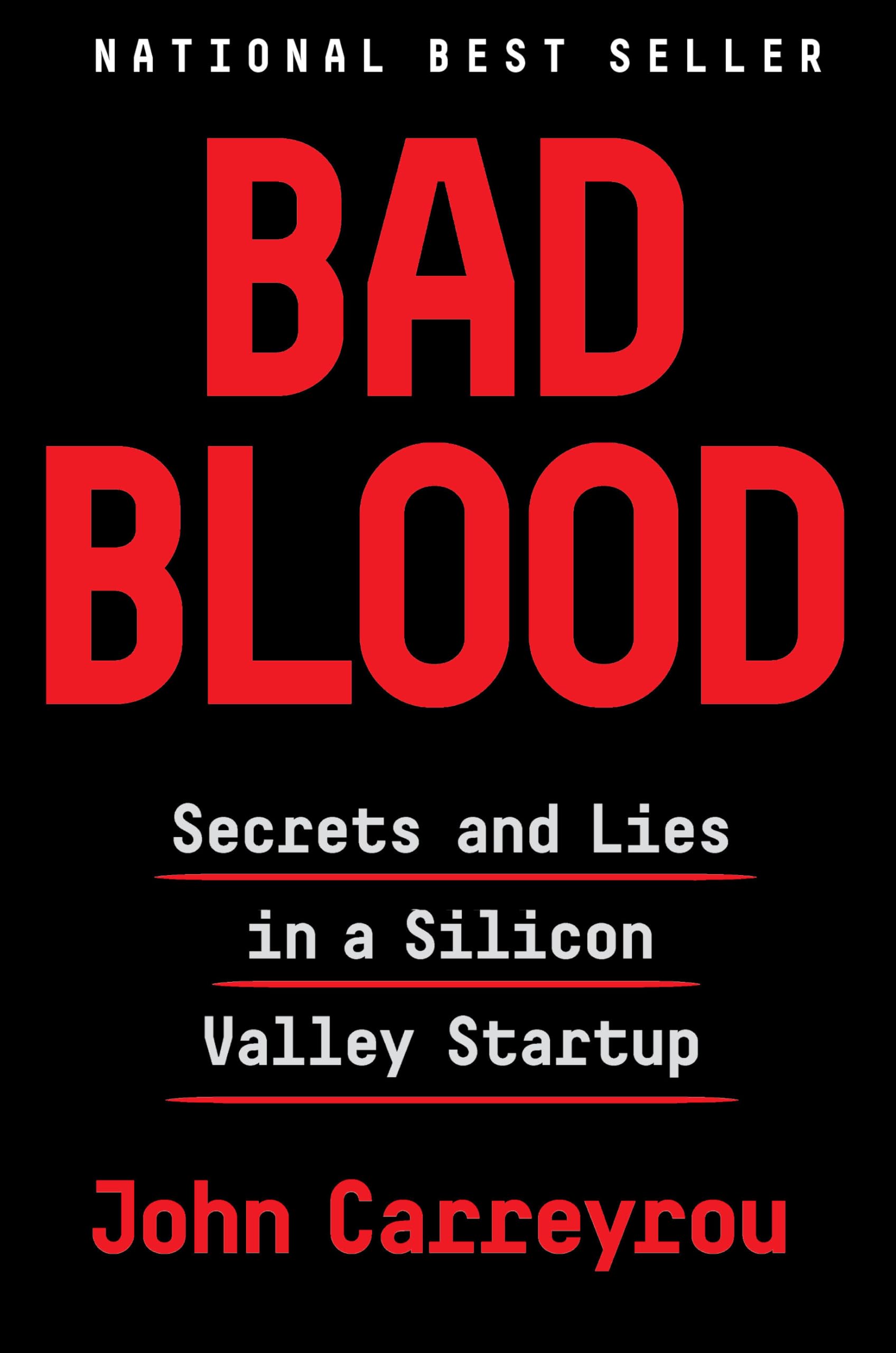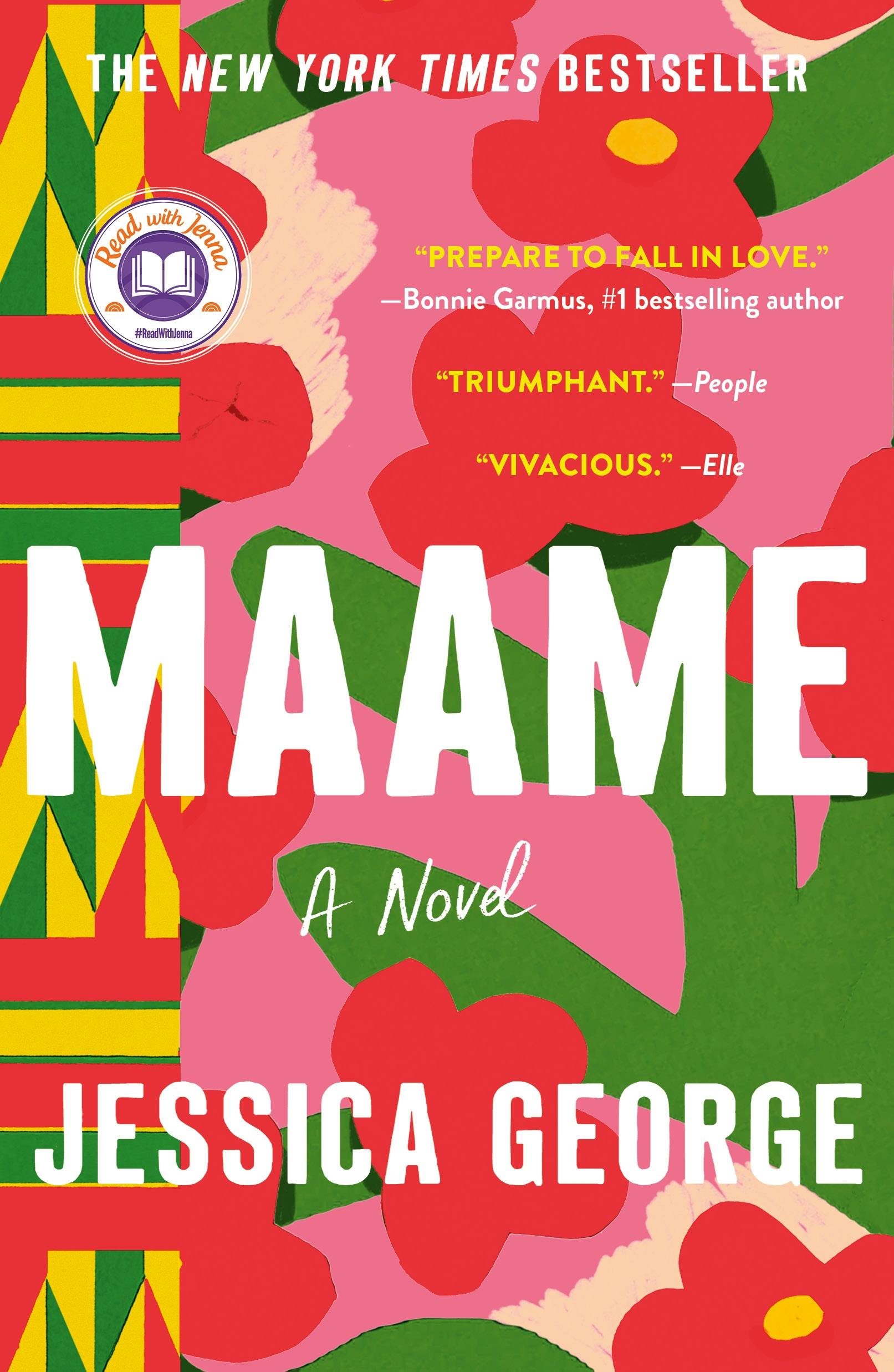The first month of the 2025 Reading Challenge is complete! A big thank you and congratulations to everyone who read a book and told us about it. Our January winner is Maya Kamenir, who takes home a Northeastern tote bag. Congratulations, Maya! The 2025 Challenge has just begun, so there are plenty more chances to win.
What You Read in January
January’s challenge was to read a memoir or autobiography. Here are some of the stories that captivated readers this month. (Comments may have been edited for length or clarity.)
Born a Crime: Stories from a South African Childhood, Trevor Noah
Find it at Snell Library | Find it at F.W. Olin Library | Read the e-book
“An absolutely hilarious take on a serious upbringing and journey, by one of my favorite comedians.” — Eva
“Born a Crime is a unique perspective on day-to-day life in apartheid and post-apartheid South Africa from someone whose very existence was proof of a crime — a relationship between a Black woman and a white man. The book gives insight into the history and life of South Africa in the 1990s, as well as a glimpse into what made Trevor Noah the social justice-aware comedian he is today. It is also a touching ode to his strong and devoted mother.” — Kerri
The House of My Mother: A Daughter’s Quest for Freedom, Shari Franke
Listen to the audiobook
“Shari Franke writes about her experiences with family vlogging and child exploitation and her path to acceptance and overcoming her childhood. This book was heart wrenching and inspiring.” — Ceci
Rental Person Who Does Nothing, Shoji Morimoto
Read the e-book
“The concept…is so intriguing! The idea of someone just renting themselves out to simply ‘be there’ without doing or contributing anything is both minimalist and deeply reflective of modern loneliness, societal pressures, and the value of presence. There is something just so peaceful, so calming about the simplicity of…just having someone be there without any expectations or judgement. It is a gentle reminder that presence alone can be enough.” — Navya
Educated: A Memoir, Tara Westover
Find it at Snell Library | Find it at F.W. Olin Library | Read the e-book | Listen to the audiobook
“Remarkable memoir about a woman’s struggle to separate herself from her abusive rural Mormon upbringing. The title comes from her path of education; as a child, her homeschooling was all but nonexistent, but the story spans all the way to her Ph.D. I found Westover’s narration incredible, and an important reminder of the privilege of higher education.” — Caroline
“It was really good! I highly recommend it.” — Emma
Me Talk Pretty One Day, David Sedaris
Find it at Snell Library
“This book was recommended at the Snell Library book stand! Each chapter is filled with the author’s coming-of-age stories: growing up in North Carolina, moving to New York, moving to France with his partner, and learning French. Overall, it is a great book and I absolutely enjoyed it.” — Mariam
Suggested Reads for February
February’s challenge is to read a book about (or set in) a city where Northeastern has a campus. There are a lot of options! Here are some books that fit the bill:
If I Survive You, Jonathan Escoffery
Listen to the audiobook
Where it takes place: Miami, Florida
What it’s about: In the 1970s, Topper and Sanya flee to Miami as political violence consumes their native Kingstown. But America, as the couple and their two children learn, is far from the promised land. Even as things fall apart, the family remains motivated, often to its own detriment, by what their younger son Trelawny calls “the exquisite, racking compulsion to survive.”
Five Little Indians: A Novel, Michelle Good
Read the ebook
Where it takes place: Vancouver, British Columbia
What it’s about: Taken from their families when they are very small and sent to a remote, church-run residential school, Kenny, Lucy, Clara, Howie, and Maisie are barely out of childhood when they are finally released after years of detention and find their way to the seedy and foreign world of Downtown Eastside Vancouver. With compassion and insight, Five Little Indians chronicles the desperate quest of these residential school survivors to come to terms with their past and, ultimately, find a way forward.
The Dante Club, Matthew Pearl
Find it at Snell Library | Find it at F.W. Olin Library | Listen to the audiobook
Where it takes place: Boston, Massachusetts
What it’s about: In 1865 Boston, the members of the Dante Club — poets and Harvard professors Henry Wadsworth Longfellow, Dr. Oliver Wendell Holmes, and James Russell Lowell, along with publisher J.T. Fields — are finishing with America’s first translation of The Divine Comedy. The powerful Boston Brahmins at Harvard College are fighting to keep Dante in obscurity, believing that the text will prove as corrupting as the immigrants living in Boston Harbor. Then a serial killer unleashes his terror on the city. Only the scholars realize that the gruesome murders are modeled on the descriptions from Dante’s Inferno and its account of Hell’s torturous punishments. The Dante Club must find the killer before the authorities discover their secret.
The Woman Who Knew Everyone: The Power of Perle Mesta, Washington’s Most Famous Hostess, Meryl Gordon
Listen to the audiobook
Where it takes place: Washington, D.C.
What it’s about: Perle Mesta was a force to be reckoned with. Renowned for her world-class parties featuring politicians and celebrities, she was very close to three presidents — Harry Truman, Dwight Eisenhower, and Lyndon Johnson. A pioneering supporter of the Equal Rights Amendment, she was a prodigious Democratic fundraiser and rescued Harry Truman’s financially flailing 1948 campaign. In this intensely researched biography, author Meryl Gordon chronicles Perle’s lavish life and society adventures in Newport, Manhattan, and Washington, while highlighting her important but nearly forgotten contribution to American politics and the feminist movement.
Exit Interview: The Life and Death of My Ambitious Career, Kristi Coulter
Read the e-book
Where it takes place: Seattle, Washington
What it’s about: In 2006, Kristi Coulter left her cozy but dull job for a promising new position at the fast-growing Amazon.com, but she never expected the soul-crushing pressure that would come with it. In no time, she found the challenge and excitement she’d been craving — along with seven-day workweeks, lifeboat exercises, widespread burnout, and a culture driven largely by fear. But the chase, the visibility, and the stock options proved intoxicating, and so, for 12 years, she stayed — until she no longer recognized the face in the mirror or the mission she’d signed up for.
Shut Up, This is Serious, Carolina Ixta
Find it at F.W. Olin Library | Read the e-book
Where it takes place: Oakland, California
What it’s about: Belén Dolores Itzel del Toro wants the normal stuff: to experience love or maybe to have a boyfriend or at least just lose her virginity. But nothing is normal is East Oakland. Her father left. She might not graduate. And Leti, her best friend, is pregnant—by the boyfriend she hasn’t told her parents about because he’s Black and her parents are racist. Weighed by a depression she can’t seem to shake, Belén soon realizes that distractions are only temporary. Leti is becoming a mother. Classmates are getting ready for college. But what about Belén? What future is there for girls like her?
Station Eleven: A Novel, Emily St. John Mandel
Find it at Snell Library | Find it at F.W. Olin Library | Read the e-book
Where it takes place: Toronto, Ontario
What it’s about: It is 15 years after a flu pandemic wiped out most of the world’s population. Kirsten is an actress with the Traveling Symphony, a small troupe moving over the gutted landscape, performing Shakespeare and music for scattered communities of survivors. But when they arrive in outpost of St. Deborah by the Water, they encounter a violent prophet who digs graves for anyone who dares to leave. Spanning decades, moving back and forth in time, and vividly depicting life before and after the disaster that brought everyone here, this suspenseful, elegiac novel is rife with beauty, telling a story about the relationships that sustain us.
Bad Blood: Secrets and Lies in a Silicon Valley Startup, John Carreyrou
Find it at F.W. Olin Library | Read the e-book
Where it takes place: Silicon Valley, California
What it’s about: In 2014, Theranos founder and CEO Elizabeth Holmes was widely seen as the female Steve Jobs: a brilliant Stanford dropout whose startup “unicorn” promised to revolutionize the medical industry with a machine that would make blood tests significantly faster and easier. There was just one problem: the technology didn’t work. Here is the riveting story of the biggest corporate fraud since Enron, a disturbing cautionary tale set amid the bold promises and gold-rush frenzy of Silicon Valley.
Maame: A Novel, Jessica George
Find it at Snell Library | Listen to the audiobook
Where it takes place: London, United Kingdom
What it’s about: It’s fair to say that Maddie’s life in London is far from rewarding. With a mother who spends most of her time in Ghana, Maddie is the primary caretaker of her father. At work, her boss is a nightmare and Maddie is tired of always being the only Black person in every meeting. When her mum returns from her latest trip, Maddie leaps at the chance to get out of the family home and finally start living. But it’s not long before tragedy strikes, forcing Maddie to face the true nature of her unconventional family, and the perils — and rewards — of putting her life on the line.
February Events
Need more reading inspiration? Stop by the Reading Challenge Pop-Up Table in Snell Library between 1 and 3 p.m. on Wednesday, February 19, and Thursday, February 20, to browse print books, get recommendations from librarians, and pick up Reading Challenge swag. You can also join us for a cozy reading party (with snacks!) on Wednesday, February 19, from 4 to 7 p.m. Bring your own book, or borrow one of ours!
As always, happy reading!
